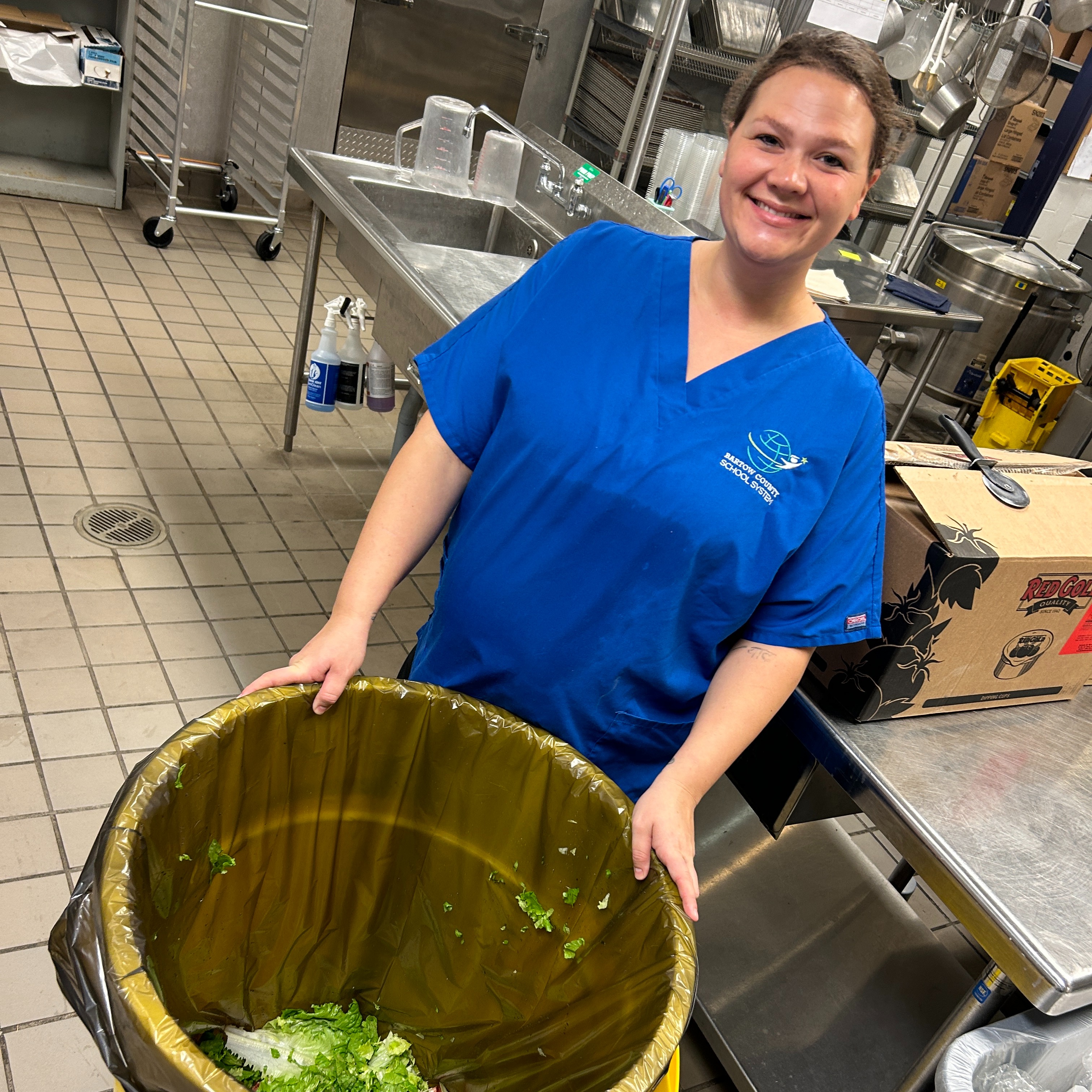
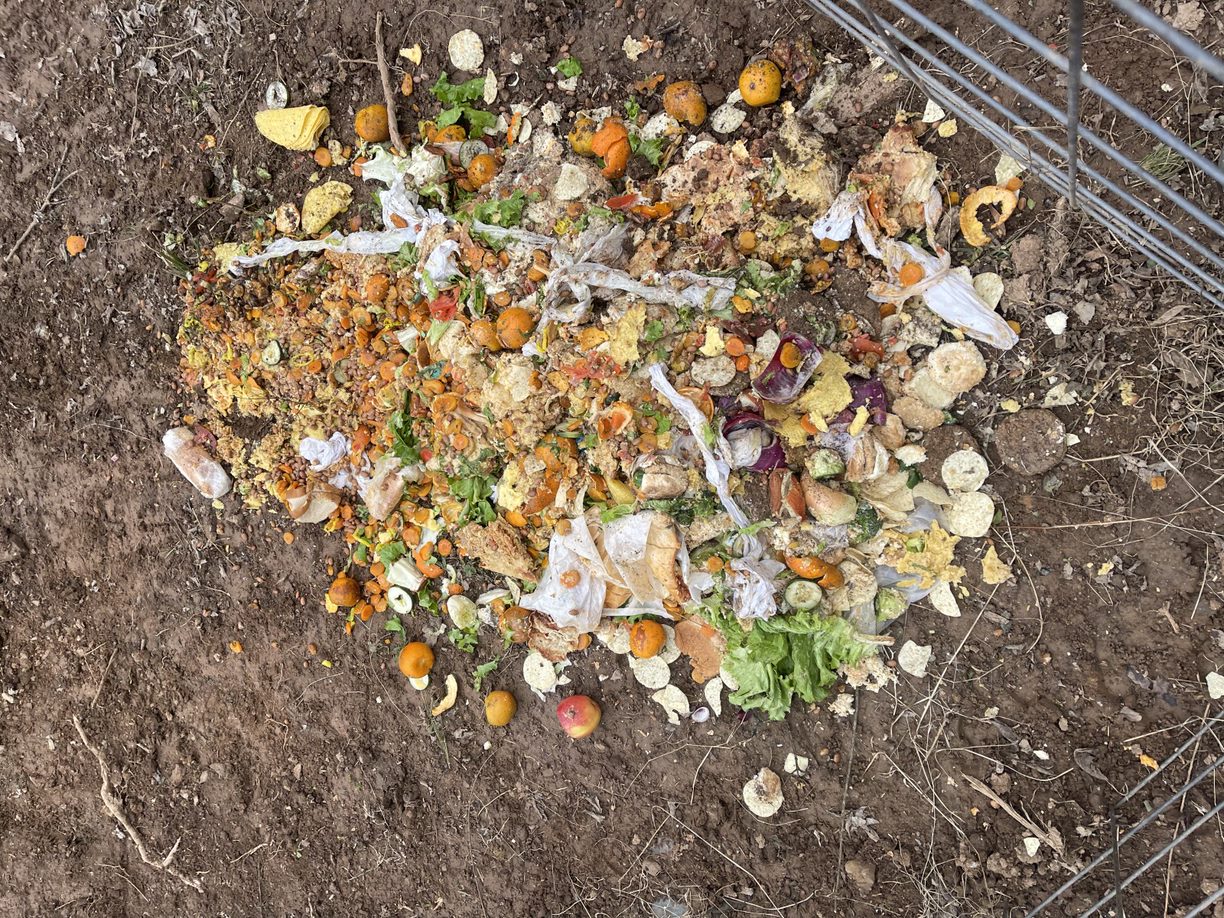
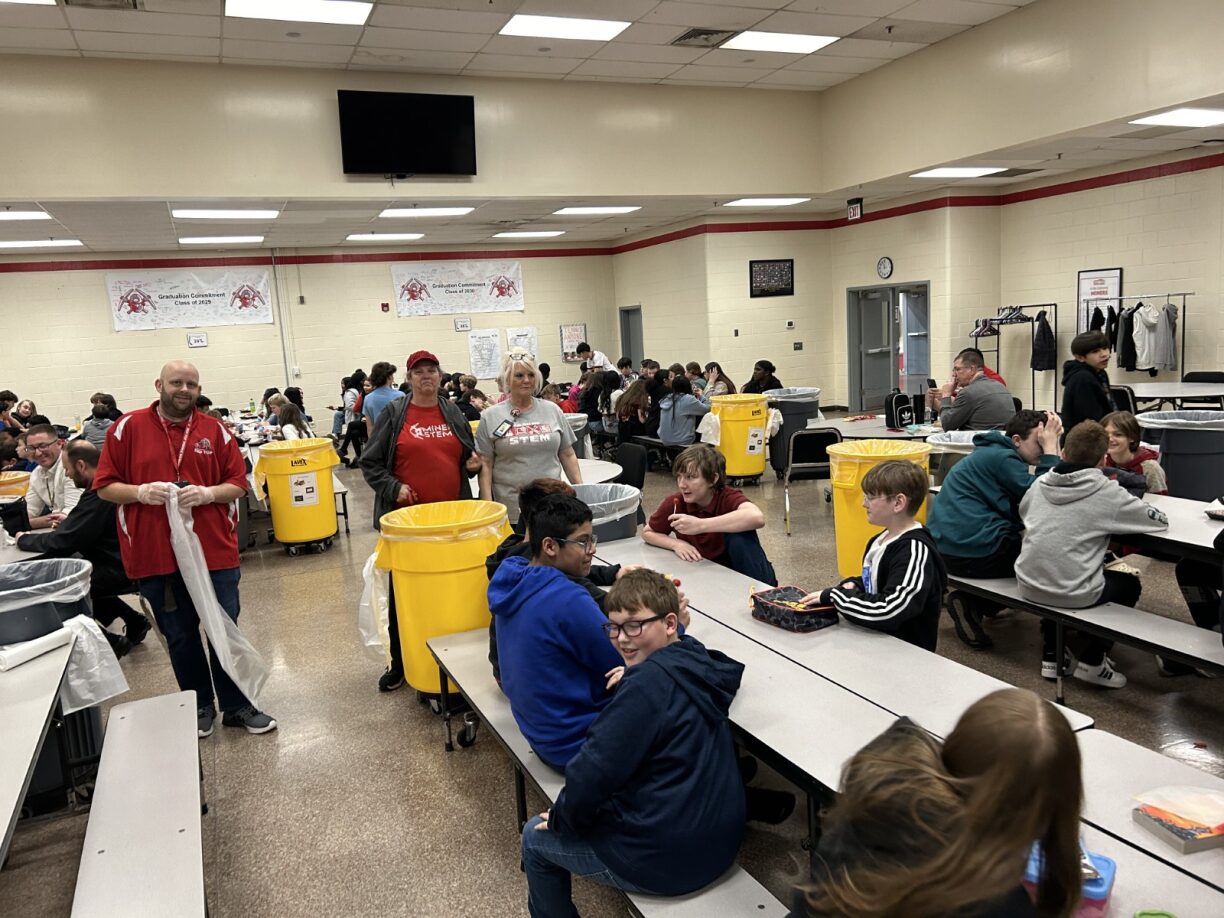
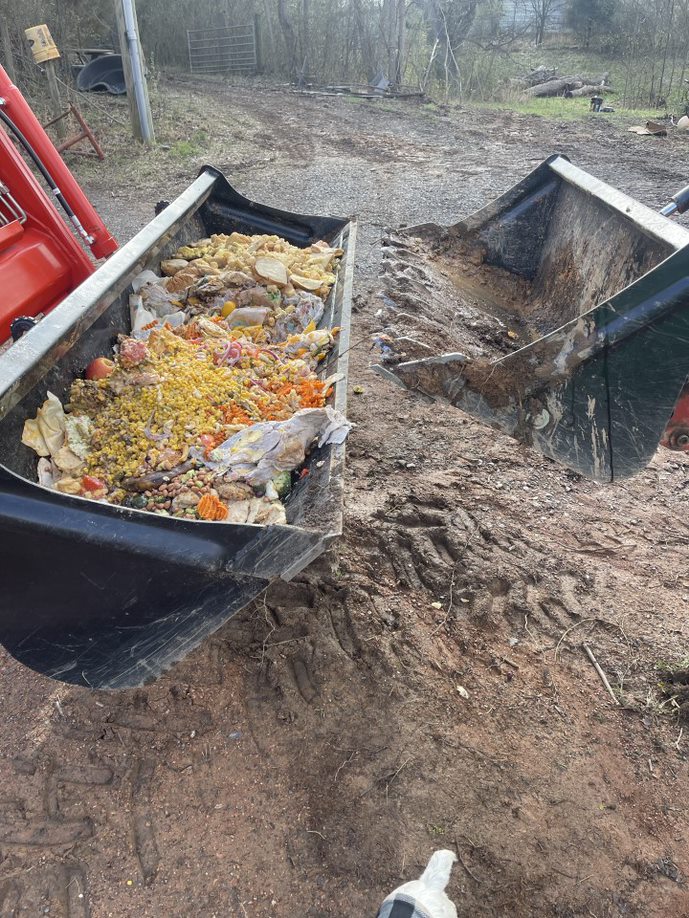
Farm-to-School Nutrition
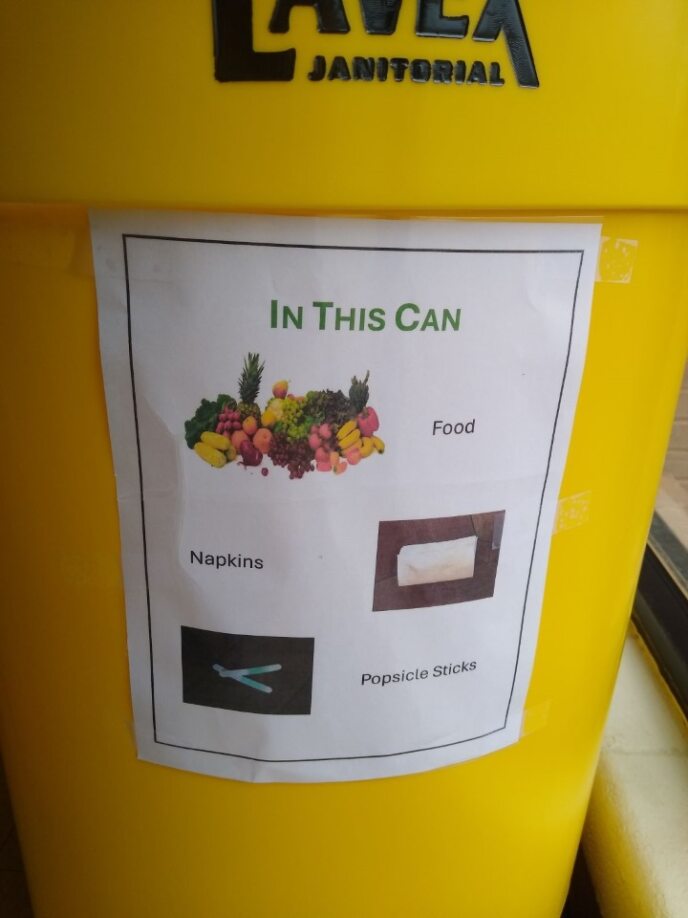
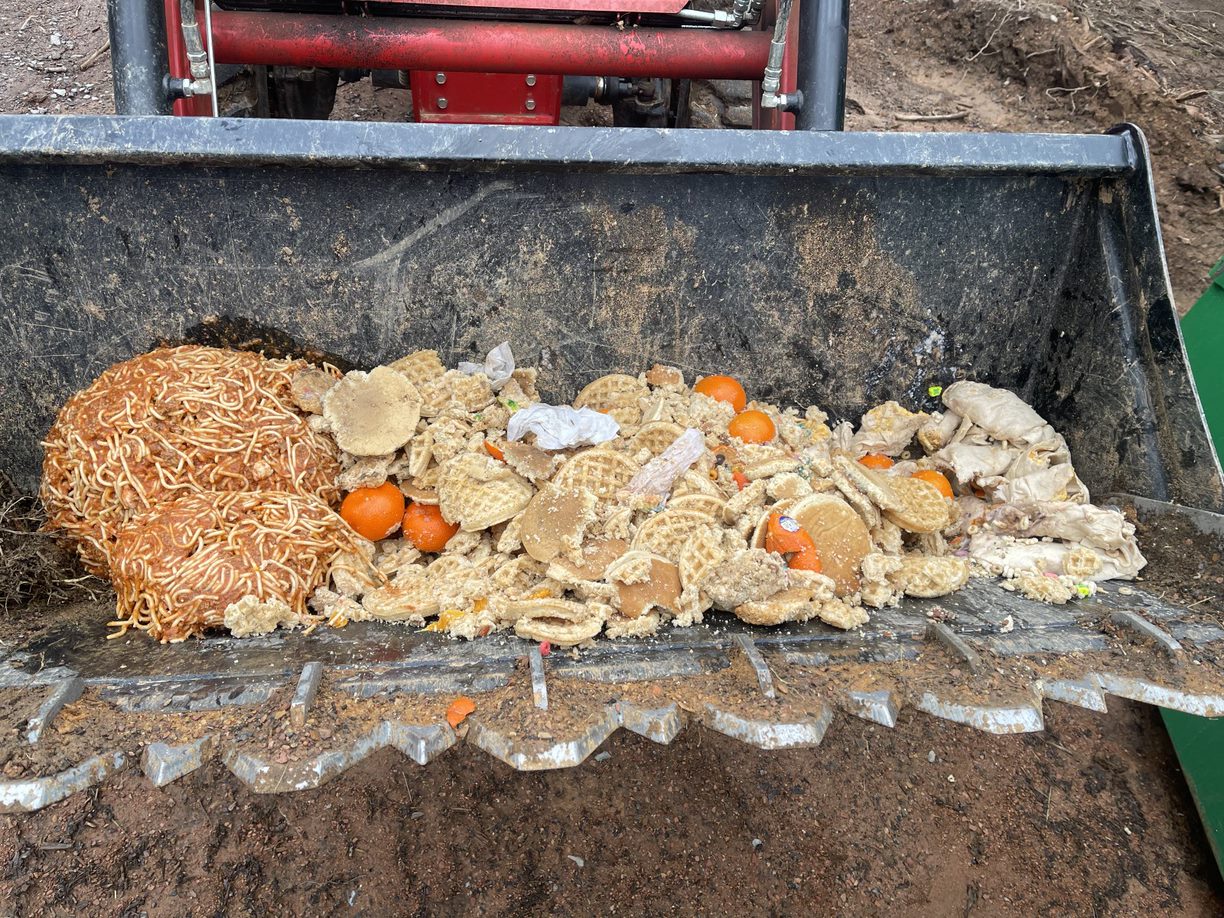
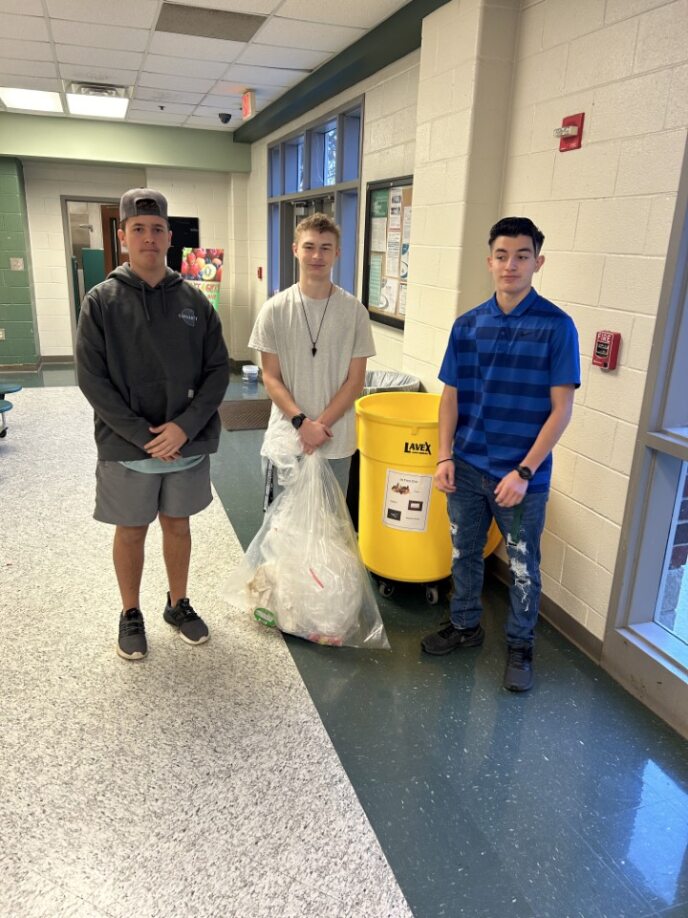
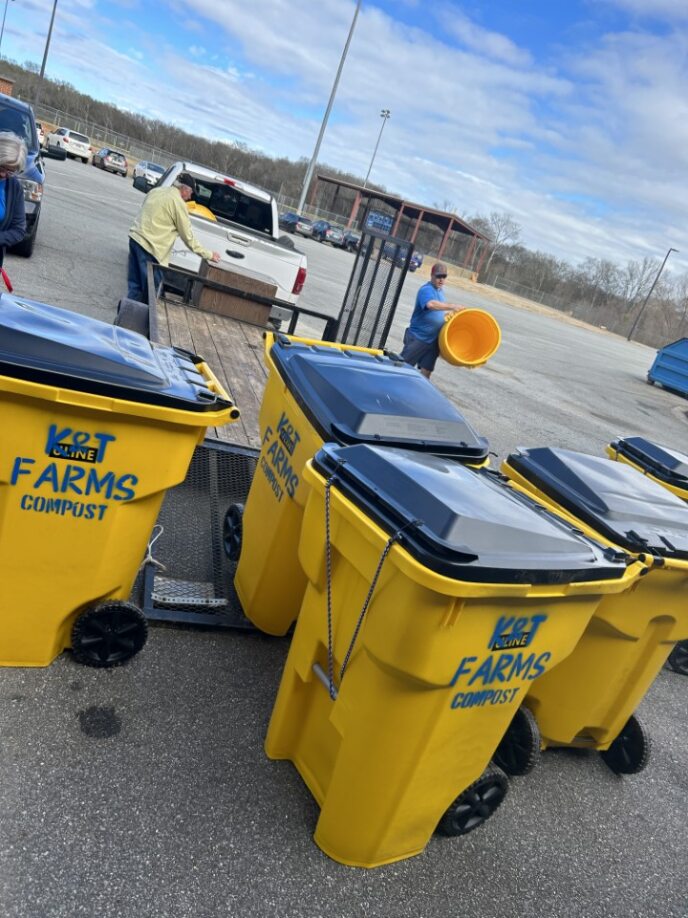
BCSS Nutrition Composting Program Project Narrative
Purpose, Goals, and Intended Impact:
The BCSS Nutrition Composting Program is designed to address environmental, educational, and financial challenges within Bartow County Schools. With a goal to transform substantial food waste generated by 14,070 students into a valuable resource, the project aims to foster a Farm-to-School initiative. The purpose is threefold: promote sustainability, reduce waste disposal costs, and advance STEM education opportunities. By engaging local farmers and implementing composting practices, the project intends to strengthen ties between schools and the agricultural community, positively impacting both.
SFA Involvement and Impact:
Our School Food Authority plays a central role in this initiative. SFA will be actively involved in waste reduction efforts collecting in both kitchens and cafeterias. In collaborating with STEM education, the curriculum ranges from the garden to the kitchen emphasizing Farm-to-School nutrition. The project directly impacts SFA by reducing procurement costs, enhancing local sourcing, and providing nutrition education opportunities for students in many aspects. We will ensure seamless integration into school systems by bridging the gap from the Nutrition department to School administration emphasizing all roles in promoting food sustainability and educational advancements.
Barriers and Opportunities:
In this project, we are keenly aware of the existing barriers and opportunities within our district related to scratch cooking infrastructure, menu development, and procurement methodologies. Our efforts involve a comprehensive analysis of our current systems, active engagement with the community, aggregators, and processors, and leveraging our pre-existing purchasing relationships. Our overarching goal is to identify areas of procurement we can do locally and create valuable opportunities for local vendors, establishing streamlined procurement processes, and contributing to the enhancement of our overall local food ecosystem.
